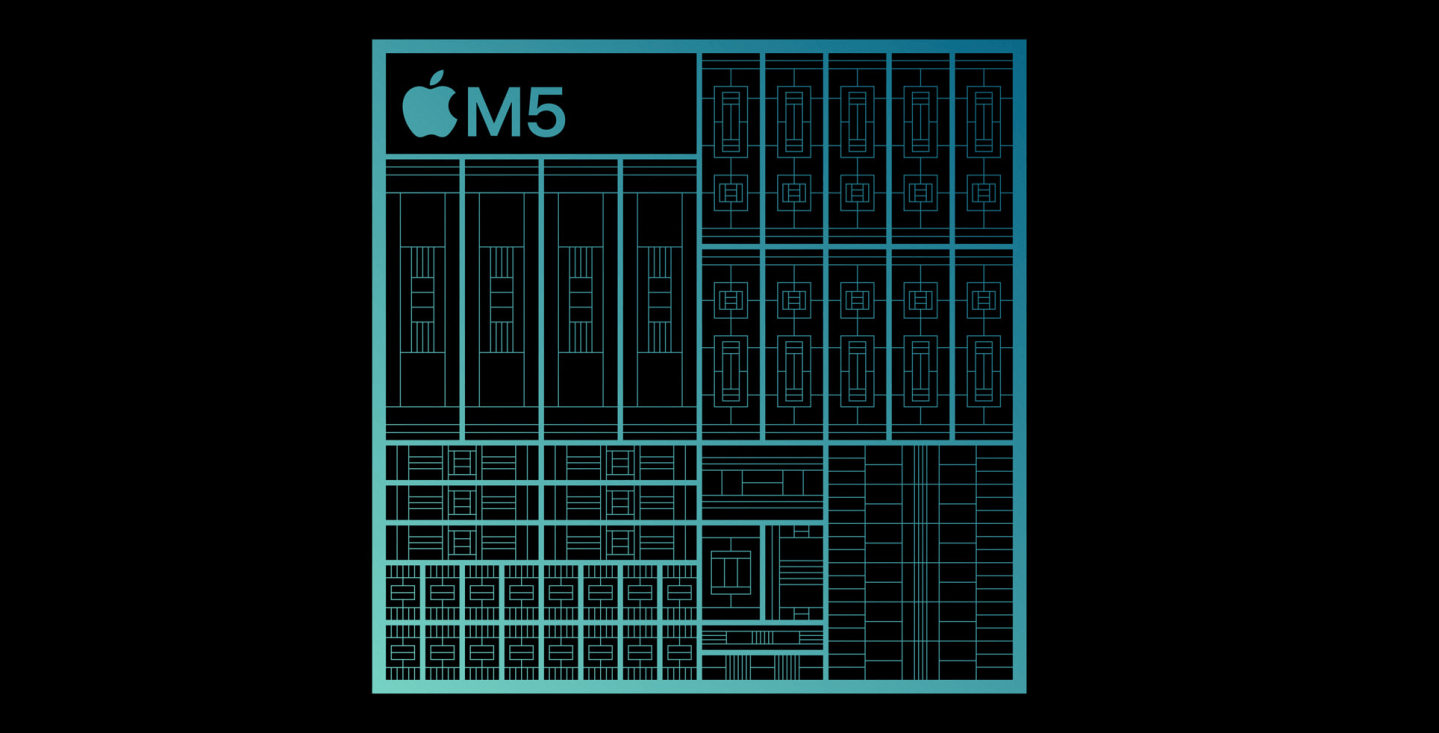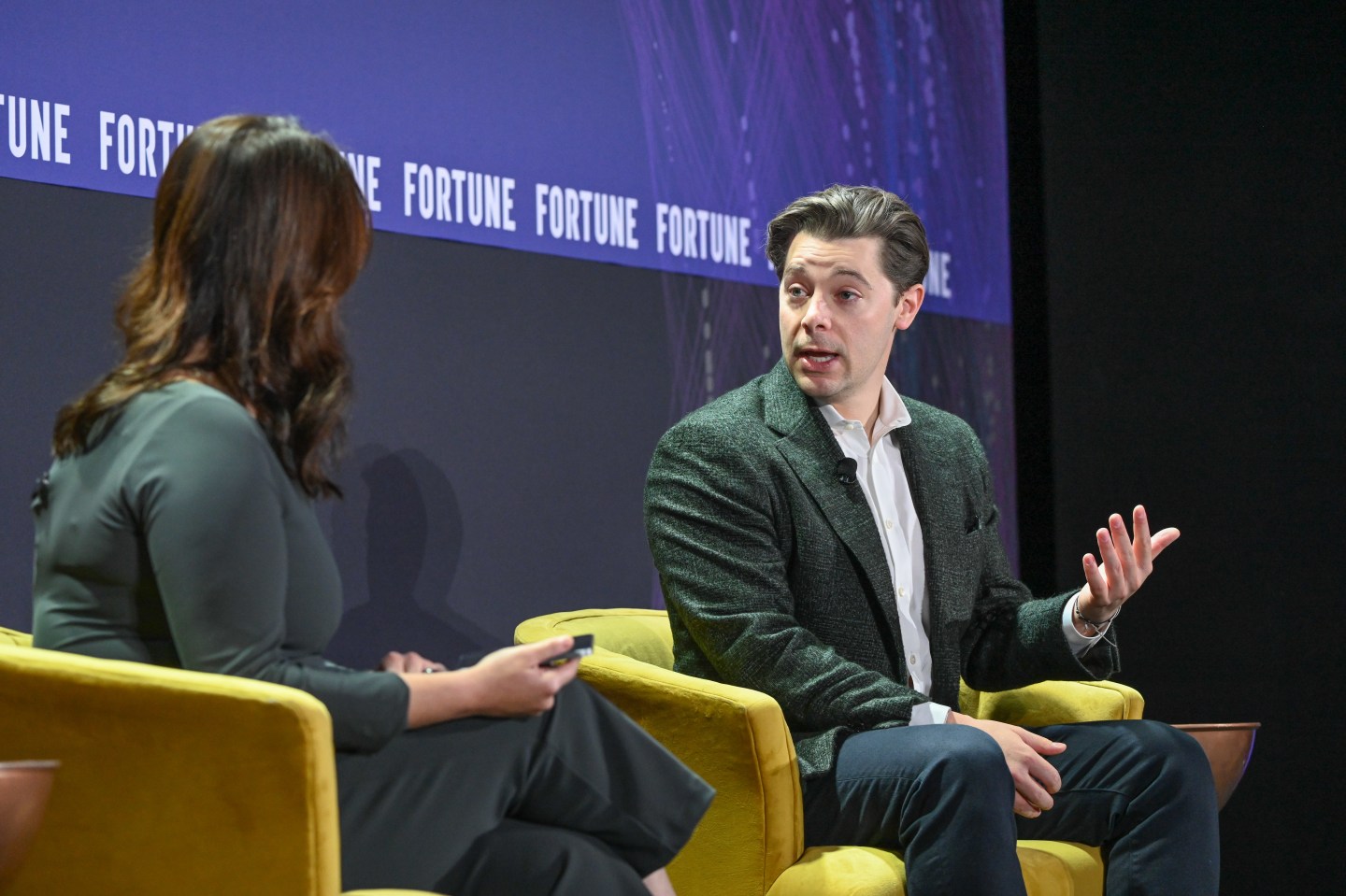Good morning. Turns out White House AI and crypto czar David Sacks didn’t much like that Jack Clark essay about AI that I linked to in yesterday’s newsletter.
“Anthropic is running a sophisticated regulatory capture strategy based on fear-mongering,” Sacks wrote in response to the essay by Clark, an Anthropic co-founder. “It is principally responsible for the state regulatory frenzy that is damaging the startup ecosystem.”
The responses to Sacks were mixed. Several applauded Clark’s transparency and sincerity. Others pointed out that if Sacks wanted to support responsible AI development, he could help fix a winner-take-all startup funding pipeline or create a set of unified federal AI laws. More still simply repeated Trump’s talking points.
But it was Keith Rabois, the Khosla Ventures investor and longtime Republican donor, who best captured the essence of social media dialogue in 2025: “Just ignore him,” he told Sacks, in full view of Clark. Way to take the high road, dude.
Today’s tech news below. —Andrew Nusca
Want to send thoughts or suggestions to Fortune Tech? Drop a line here.
Apple debuts M5 chip

I love the smell of fresh silicon in the morning.
Apple on Wednesday took the wraps off its M5 system-on-a-chip, which, according to its maker, promises “over 4x the peak GPU compute performance for AI” compared to its predecessor, thanks to a new GPU, a brawnier CPU, and faster Neural Engine components.
What the hell does it all mean? In short, Apple is—like so many of its peers—reworking its home-grown hardware to optimize it for artificial intelligence.
Thanks to the new Arm-based silicon, for example, Apple’s new 14-inch MacBook Pro and iPad Pro will enjoy “dramatically accelerated processing for AI-driven workflows.” Vision Pro gets an upgrade, too. (All three of you who bought one may clap.)
Don’t expect to find an M5 in an iPhone, though. Like its predecessor chips, the “M” series is too large, too hot, and too battery-draining for use in smartphones. (Apple’s flagship iPhones and entry-level iPads run on the A19.)
So: Wanna run a diffusion model in Draw Things? Go right ahead. Hope to run an LLM locally, as is all the rage right now? Knock yourself out. Want to actually use Apple Intelligence features?
Well…they’ll be a little snappier, too. —AN
AI consortium to buy Aligned Data Centers for $40 billion
It’s one of the biggest data center deals ever.
An investment group that includes BlackRock, Microsoft, Nvidia, and xAI agreed on Wednesday to acquire Aligned Data Centers—one of the world’s largest data center operators—from Australia’s Macquarie Asset Management in a deal worth $40 billion, including debt.
If you’re thinking, “It must be AI,” you’re exactly right.
Headquartered in Dallas, Aligned is a fast-growing hyperscale operator that provides cloud infrastructure across some 50 facilities. It claims more than 5 gigawatts of operational and planned capacity.
The transaction is also interesting because it marks the first investment of the so-called Artificial Intelligence Infrastructure Partnership, which also includes BlackRock’s Global Infrastructure Partners and the Emirati state-owned investment firm MGX.
(Wait, MGX? Aren’t they also funding the OpenAI-SoftBank-Oracle Stargate project? Yep.)
The partnership hopes to raise as much as $100 billion in equity and debt to build out AI computing and energy infrastructure.
The deal is expected to close in the first half of next year, pending regulatory approval. —AN
U.S. cybersecurity company F5 hacked by nation-state actors
Surely we can all agree: If a major cybersecurity company is hacked, that’s very bad, yes?
Well, that’s precisely what happened earlier this year when Seattle’s F5—which serves all but two of the Fortune 50—realized that nation-state hackers had breached its systems and stolen undisclosed security vulnerabilities and source code.
Yikes.
F5 says it first became aware of the breach on August 9. It found that attackers had gained long-term access to its systems, among them a product development environment for its flagship product and its engineering knowledge base.
“Some of the exfiltrated files from our knowledge management platform contained configuration or implementation information for a small percentage of customers,” the company said.
F5 says it hasn’t observed any suspicious code changes. It also hasn’t suffered any attacks as a result of the stolen information, which has not, to the best of the company’s knowledge, been publicly disclosed.
Still, the intrusion—possibly linked to China—was enough to warrant statements from both the U.S. Cybersecurity and Infrastructure Security Agency (CISA) and the U.K.’s National Cyber Security Centre. —AN
More tech
—Big Tech dines at Trump dinner. Amazon, Google, Meta, Microsoft, and Palantir donated to the White House’s new $250 million ballroom.
—$300 trillion mistake. Why did fintech Paxos accidentally mint, then destroy, PayPal’s PYUSD?
—Salesforce long-term outlook improves. Shares jump after the company says it expects $60 billion in 2030 revenue and rebuffs claims that AI is writing large amounts of software.
—About that erotica-in-ChatGPT thing. OpenAI is “not the elected moral police of the world,” CEO Sam Altman responds following backlash.
—Chinese hackers compromise U.K. gov’t servers. State actors routinely accessed classified information for at least 10 years.
—X to display more user account info. An attempt to battle bots.
—Rakuten mulls U.S. IPO of credit card business in light of rival SoftBank’s plans to do the same with its PayPay service.











